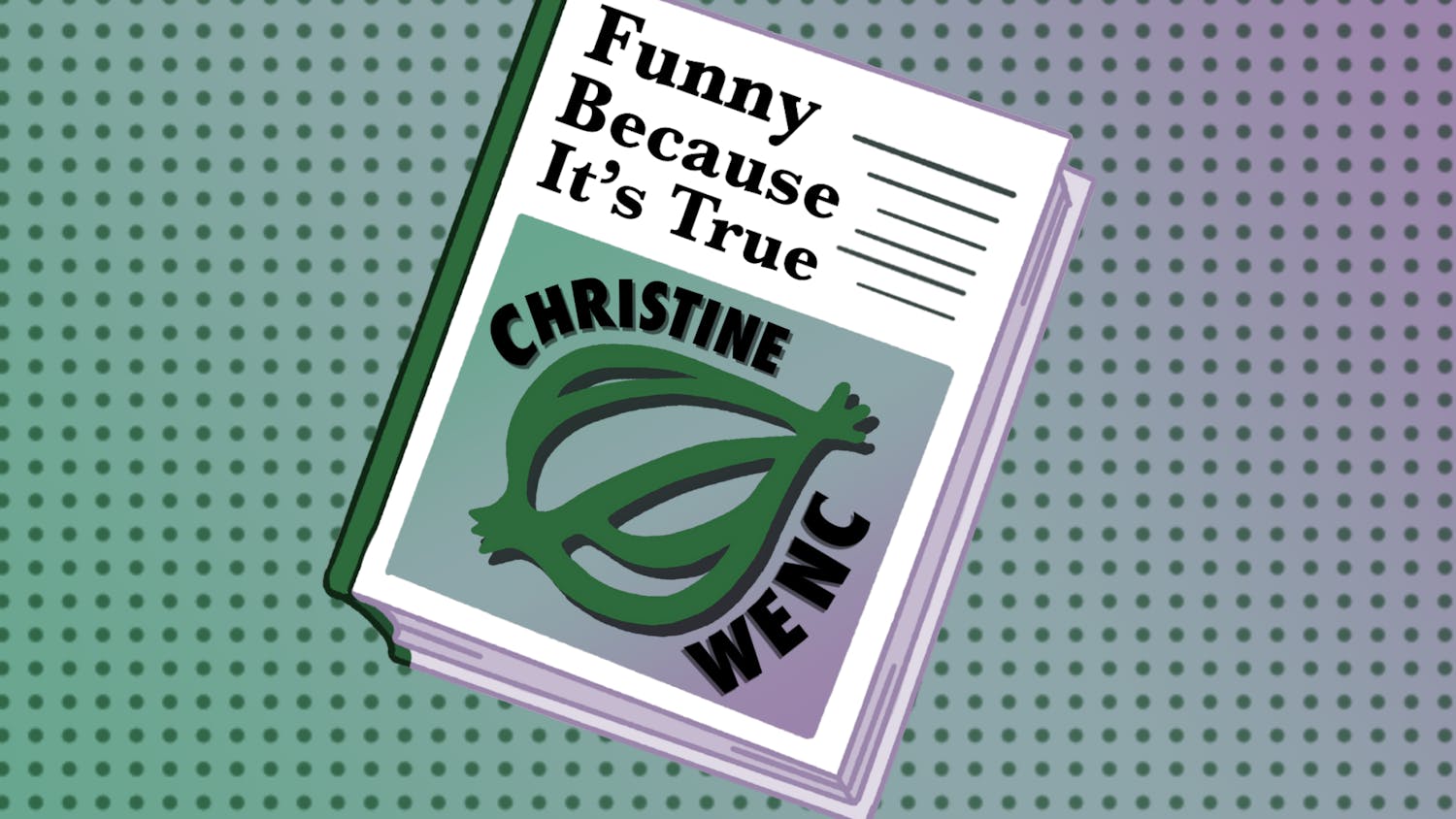In exploring the endless titles for recommended viewing during quarantine I came across a recommendation for the FX crime drama "Justified." After binging the whole series in an unhealthy amount of time, I found that when I looked deeper, the series provides an interesting look into America’s police culture and when police are and aren’t justified.
To understand "Justified" though, one has to look at police on TV as a whole. Detective stories and whodunnits have been pop culture staples since the days of Arthur Conan Doyle and Agatha Christie, but often focused more on complicated crimes and the snooping sleuths who investigated them. The modern dramatic crime procedural seems more directly descended from shows like "Law & Order."
Because these shows were less centered on one brilliant, often civilian, crime stopper and more on police as a whole, they almost always employ actual police as consultants. These consultants are the proverbial horse’s mouth for the criminal justice system, therefore modern crime procedurals are told from one perspective: the police’s.
In her book, "Law and Justice as Seen on TV," author, professor and media critic Elayne Rapping critiqued "Law & Order" for creating an unrealistic image of high-minded police struggling under the burdensome system as they strive for justice.
"Law & Order" — originally and in its spin-offs and adaptations — portrays police always having to “cut corners” or “color outside the lines” to get justice. This is plain whitewashing and it sends a message that police are above the law and repercussions because they always want what’s best for us.
Police oversight is viewed with contempt by the protagonists. Internal affairs officers are portrayed as venal members of the “rat squad.” When justice isn't served, it’s rarely the fault of the “dedicated detectives who investigate” but the fault of the burdensome system always deferring to the troublesome rights of the perps.
This outlook, fueled by police officer writing consultants, is why these shows are sometimes referred to as copaganda. The prevailing narrative of police’s law breaking being almost always explainable or well-meaning seems to have permeated culture and how we view the police. This is especially unsettling considering Minneapolis Police recently killed an unarmed suspect in custody by kneeling on his neck.
"Justified" premiered 20 years after the original "Law & Order." It centers on a young U.S. Marshal in eastern Kentucky. Raylan Givens is portrayed rather well by Timothy Olyphant as the rugged antihero.
Raylan may not be the noble crusading New York City detective of "Law & Order" but his actions are no less endorsed. Raylan drinks too much, has a reputation as a slacker, but is grudgingly respected by his peers and his boss.
There’s only one slight problem. Raylan is dropping bodies left and right. He kills people like he owns stock in graveyards. It feels like he kills at least one person an episode. In the season one finale, subtly tilted “Bulletville,” Raylan kills five people that I counted. In every situation he escalates when he could de-escalate and people die.
The show is peppered with thoughtful dialogue like, “I think we should call for backup” “We’re not calling anyone” “Why?” “Cus all they’ll do is try and arrest him.”
That’s part of why "Justified" is so striking sometimes. The corruption, abuse and brutality is so on the nose and fully endorsed. Raylan may be scolded for not “doing things by the book” by his affable boss, Art, but Art is just as guilty of abuse as Raylan and almost acknowledges that brutality, even torture is justified.
"Justified" seems to see the "Law & Order" era justifications of police brutality and law breaking and it takes them to the next level. A generation after the premiere of "Law & Order" and its idea of police culture and accountability has filtered into popular culture to the point where the exaggerated nature of "Justified" is normal.
What’s weirder is I was entertained by it. In a dark ironic way, "Justified" was hilarious and, at times, more deep and well done than one might expect.
And the grand thesis of the entire show is right there in the title. Raylan’s actions are justified. The detectives of "Law & Order" are justified. Police brutality is justified. Trust them, they got it.
In a time where the country is rising up against police brutality, where peaceful protesters are being tear gassed in the streets, it is about time for shows that normalize or even lionize police abuses to be viewed with the critical eye and disdain that propaganda deserves.
Copaganda is certainly not the source of police brutality but it is another factor that covers for everyday police abuses. It is a cultural phenomenon that perpetuates police brutality and it is not and never can be justified.
We need less stories told with the help of and from the perspective of police and more from the perspective of those they harass on a daily basis. Telling those untold stories will help to bring to light these abuses and, hopefully, end them.






